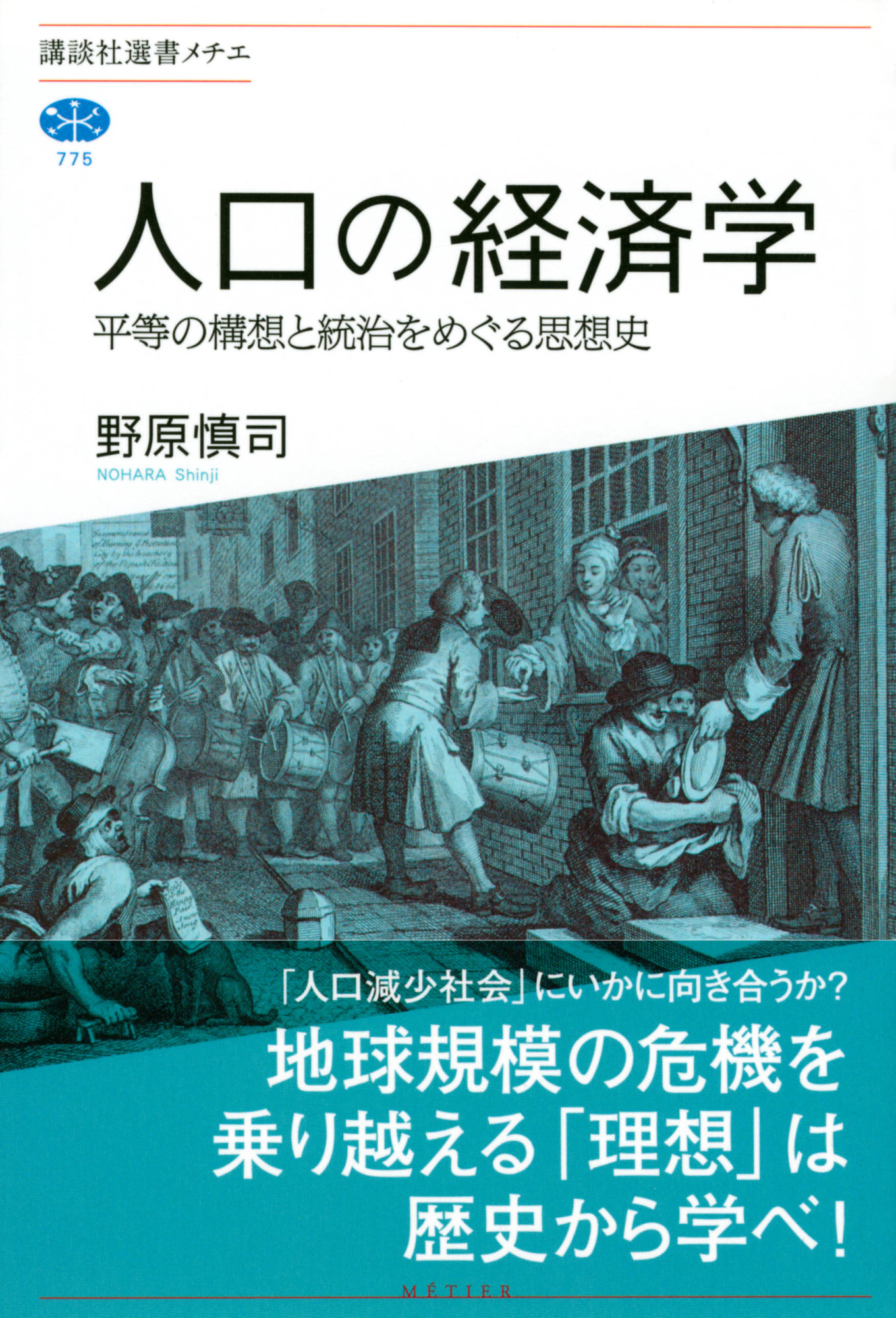
Title
Commerce and Strangers in Adam Smith
Size
192 pages
Language
English
Released
2018
ISBN
978-981-10-9013-4
Published by
Springer Singapore
Book Info
See Book Availability at Library
Japanese Page
One can see how this influenced the thought process of eighteenth century thinkers. In the eighteenth century, the extension of foreign trade brought in a number of non-European goods; further, travel literature informed Europeans of cultures, peoples, and customs all over the world. For instance, travel literature on native American people revealed societies not described by the classics and bibles. The Enlightenment thinkers considered the world not only based on the bible and classical texts but also on the information around the world. Indeed, for them, the world included America and Asia. Through the lens of the Enlightenment thinkers, one can enter the original thought on worldwide communication.
Adam Smith, in particular, considered the effect of worldwide communication. In the theory of moral sentiments, Smith discussed people's meeting with strangers. He researches about how encounters with strangers produce the sharing of social rules. Certainly, sympathy is originally a fellow-feeling, with discrepancies in the intensity of its working; nevertheless, in describing the formation of social rule, justice, and morality, Smith does not presuppose the already-existent customs, laws, and rules, but analyzes the process of making them. In this sense, he analyzes the impact of commerce as communication between different persons.
In his work on political economy, Smith described the impact of the encounter with different peoples. Commercial society presupposes the extension of the market, which also presupposes interaction between different societies. When exchanging goods, people also interacted with each other. In this sense, political economy belongs to the larger framework of the consideration of commerce.
The aim of this book is to understand how Smith considered the effect of international interaction between different peoples—an interaction that is still developing. Through Smith’s lens, we can consider the impact of people's meeting with strangers.
Chap. II elucidates how Smith was influenced by travel literature in his age. He collected information on almost all parts of the world. Chap. III clarifies how Smith saw morality in view of strangers. The concept of strangers is the key to understanding morality and universal justice in Smith’s writing: Chap. III studies his historical politics; Chap. IV argues how Smith grasped the regularity of economic behavior; Chap. V. researches about how Smith considered money; Chap. VI reconsiders his concept of the market; and finally, Chap. VII examines international trade in Smith’s work. Through international movement, not only goods but also people traveled around the world.
(Written by NOHARA Shinji, Associate Professor, Graduate School of Economics / 2019)
Table of Contents
Chap. II Travel literature and the Enlightenment world
Chap. III Fellows and strangers in The Theory of Moral Sentiments
Chap. IV Adam Smith's Historical Politics
Chap. V Adam Smith on regularity and irregularity in sentiments: morality and prudence
Chap. VI Adam Smith on money and the impact of encountering strangers
Chap. VII Adam Smith on markets
Chap. VIII Encountering the world: the model of international Trade
Conclusion



 Find a book
Find a book




